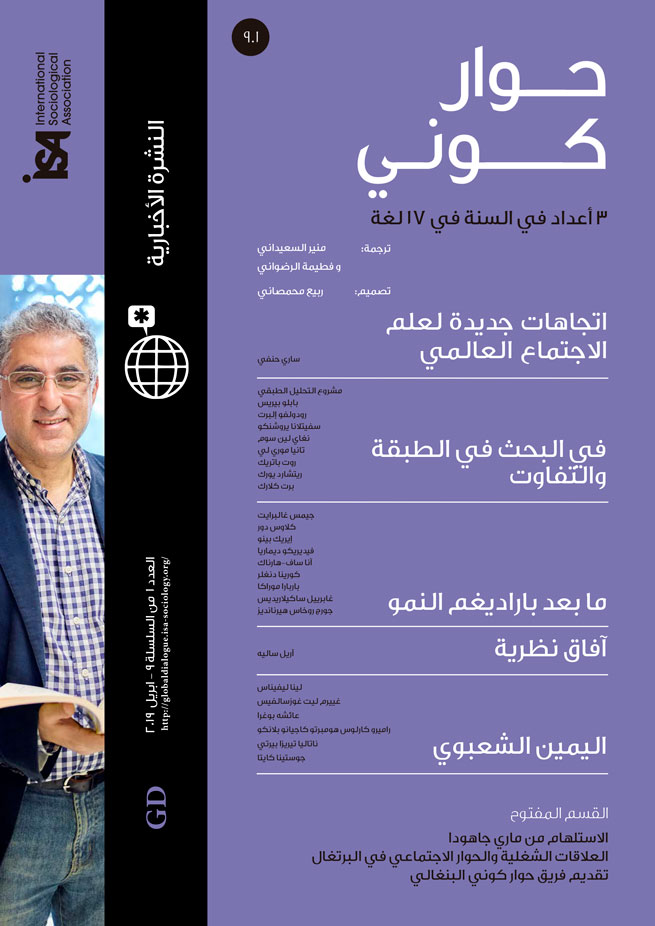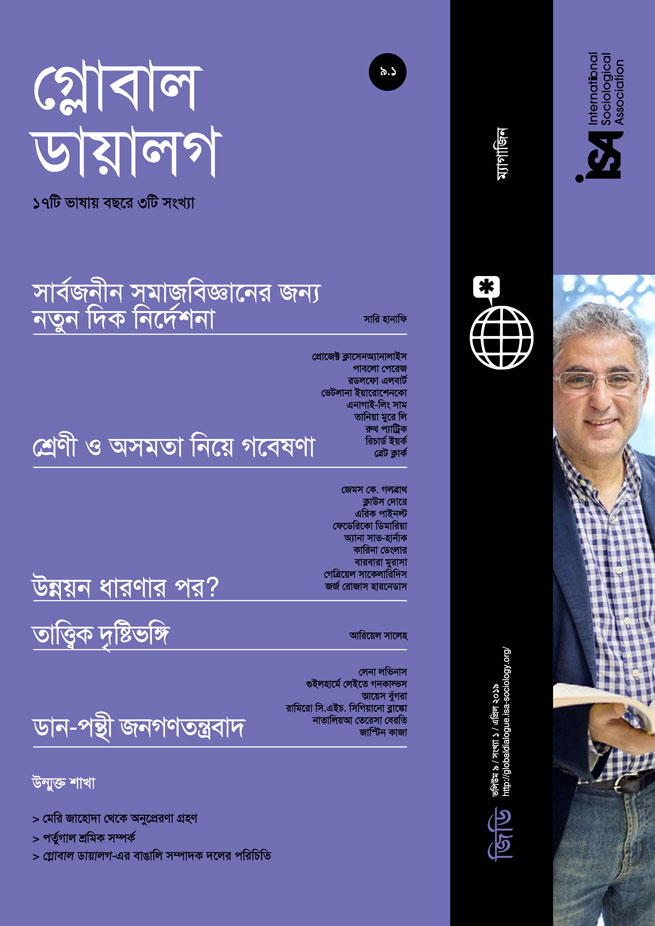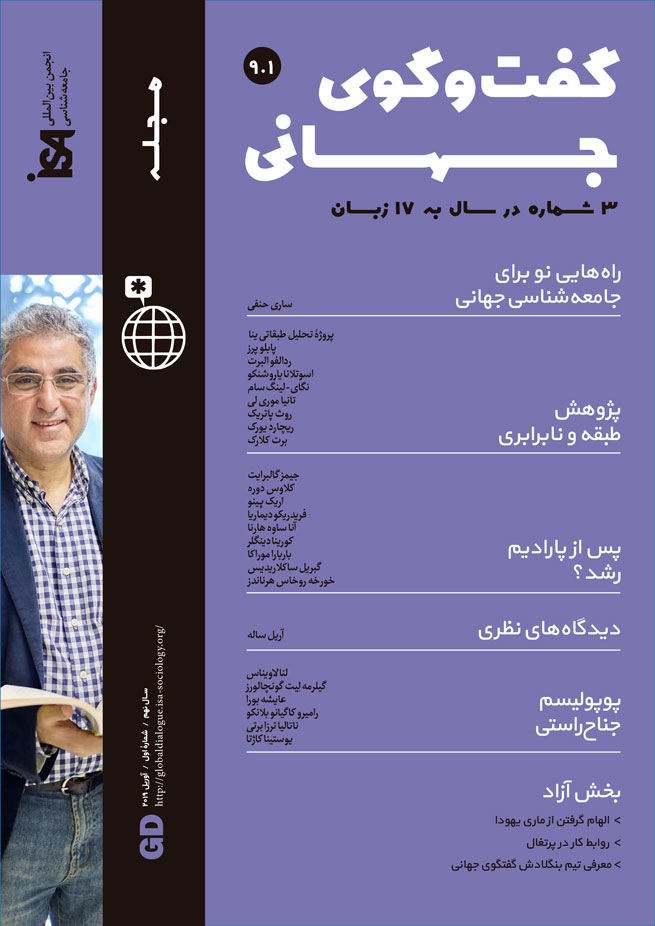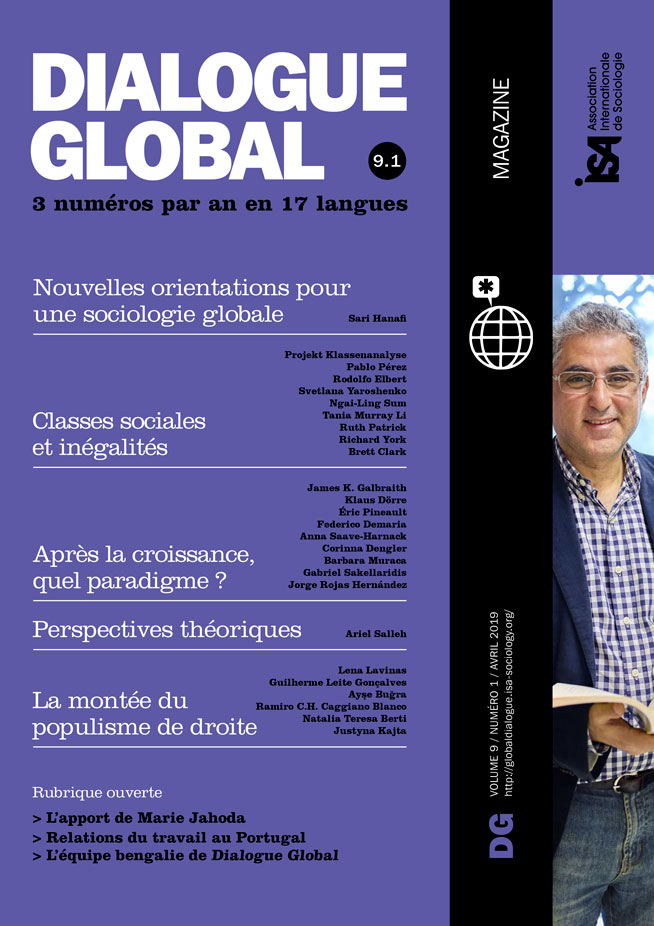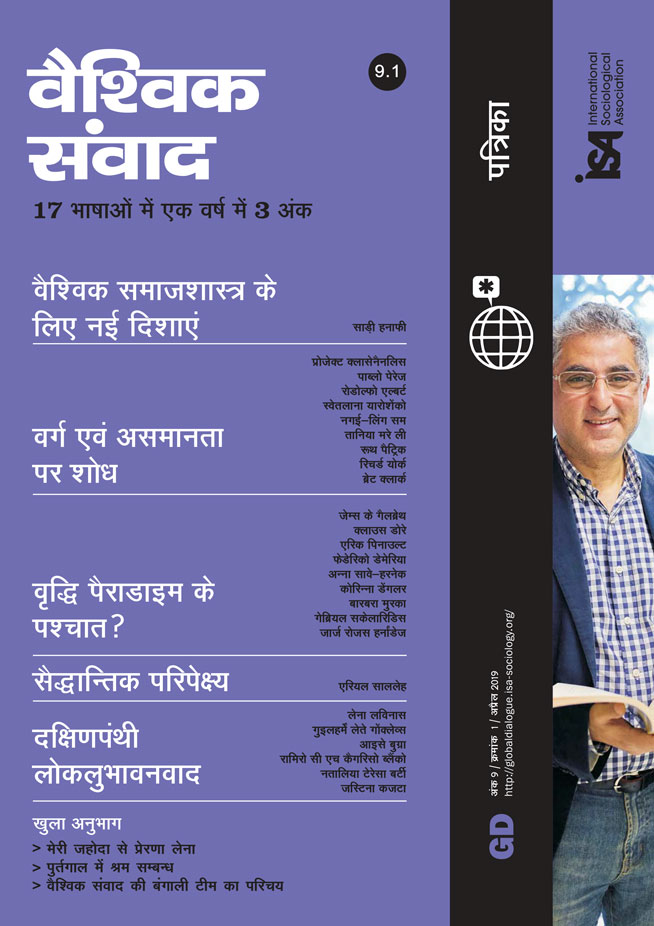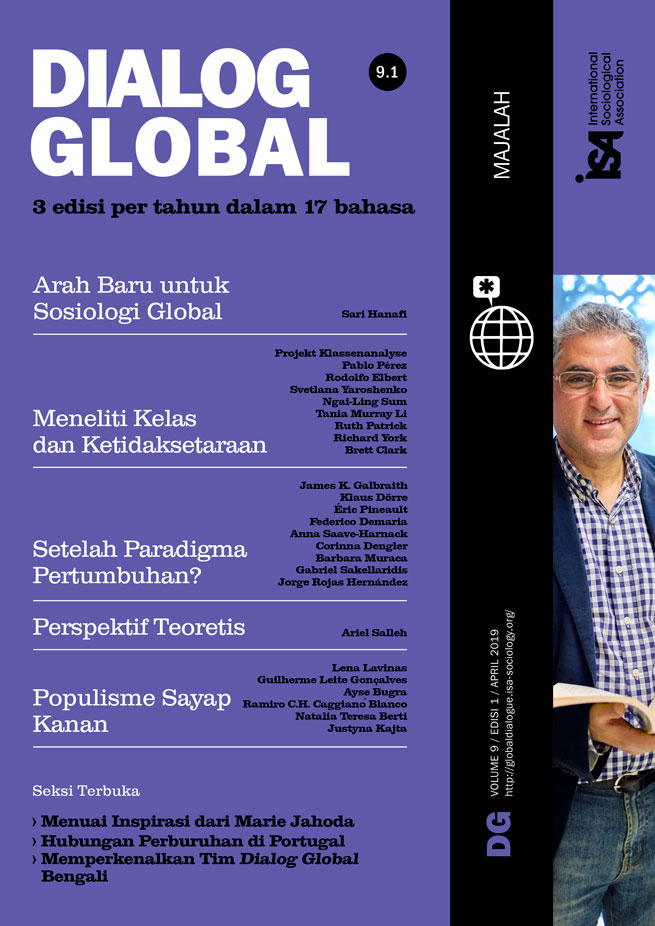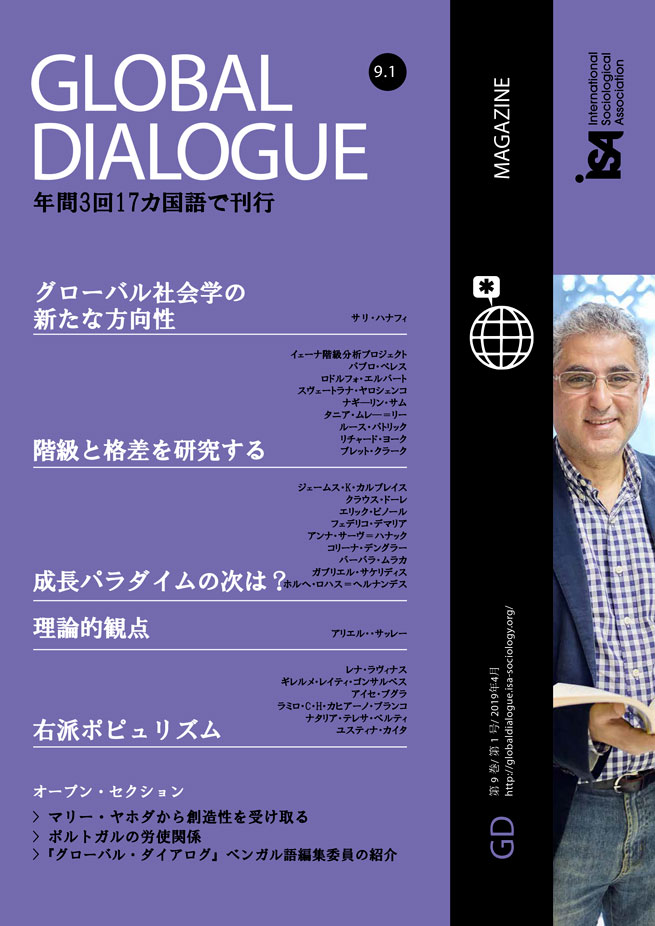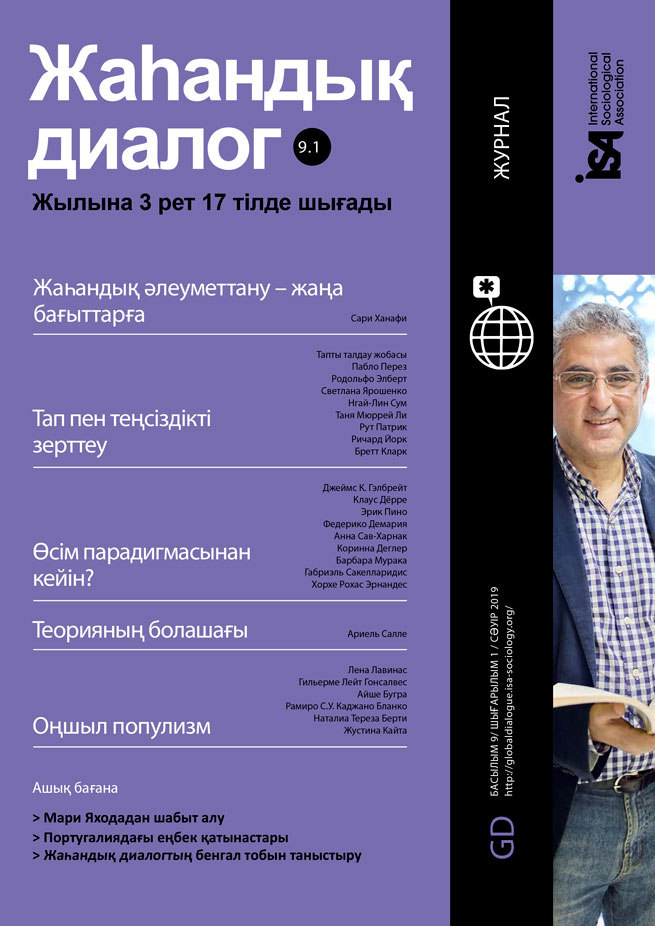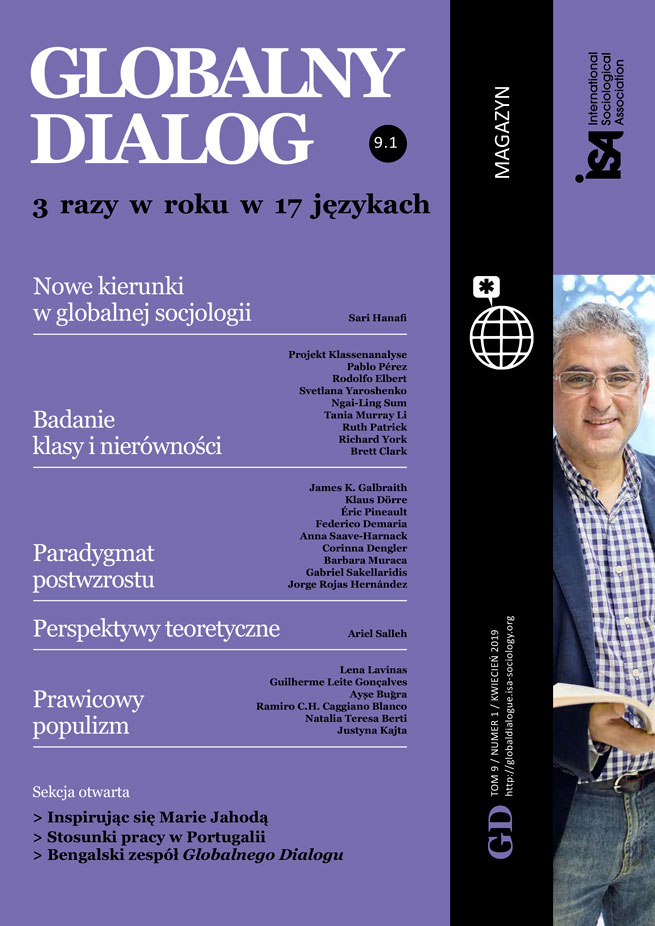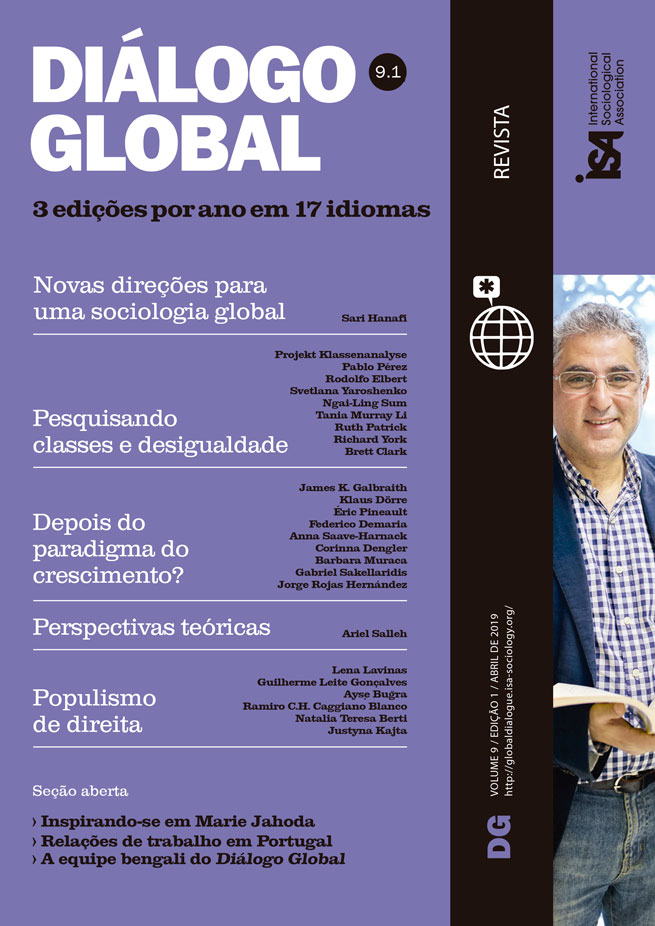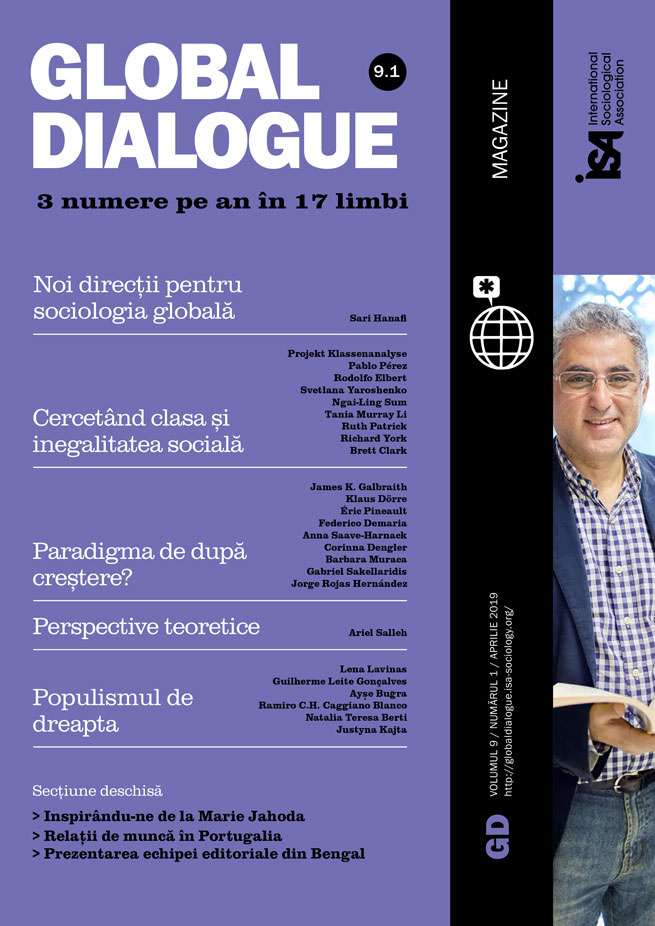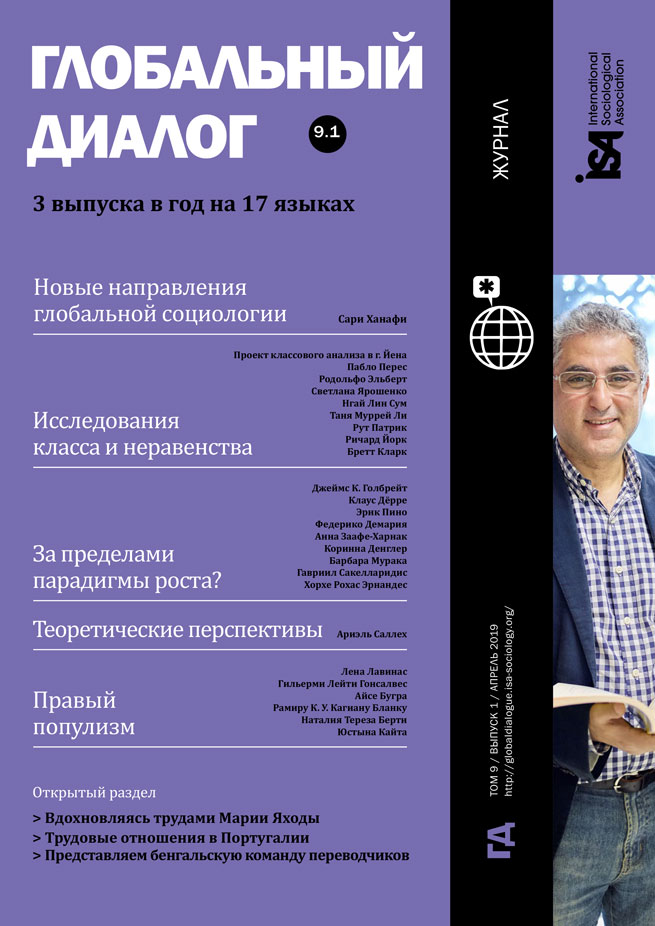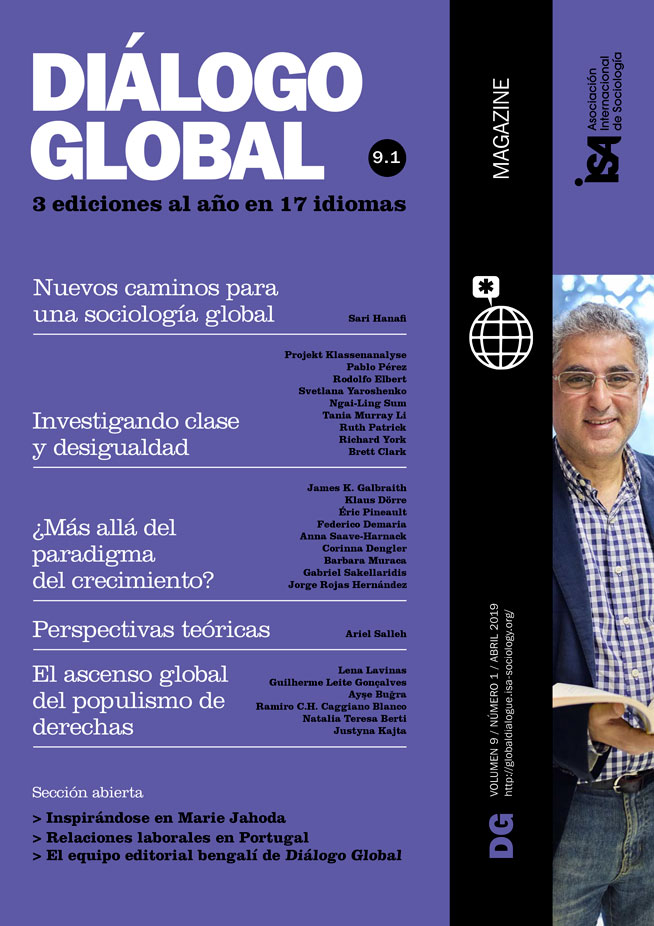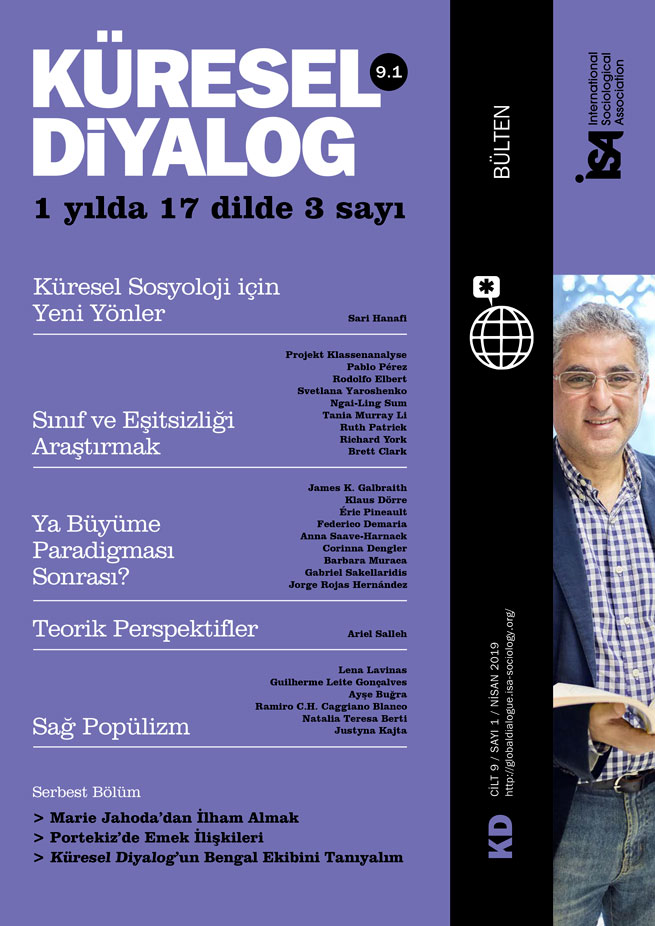Ecofeminist Sociology as a New Class Analysis
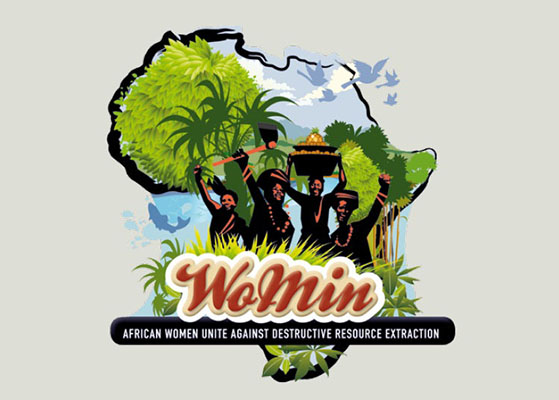
March 14, 2019
Ecological feminist analyses grow out of everyday life praxis, so they often question the taken-for-granted premises of social movements framed top-down by established political ideologies. For example, during the 1980s and 1990s, ecofeminists contested a lack of sex-gender awareness in the philosophy of “deep ecology.” It was not that the environmental aims of the program were rejected by ecofeminists; rather, as they argued, the planetary crisis had its origins in the rapidly globalizing system of capitalist patriarchal institutions and values. For this reason, crisis solutions must change “the culture of masculinist entitlement” supporting that system. This controversy, known as the “ecofeminism/deep ecology debate” ran for over a decade in the US journal Environmental Ethics. In a similar consciousness-raising exercise, ecological feminist theorists have engaged critically with Marxist scholarship. In the past decade, articles in Capitalism Nature Socialism, the Journal of World-Systems Research, and elsewhere, have broadened the public understanding of ecofeminism as a critical sociology. My position is that the contemporary global conjuncture calls for a new sociological class analysis. So what follows is a brief outline of the historical trajectory and claims of what I label “an embodied materialism.”
An embodied materialism
Reproductive labor is the foundation of every society. In the hands-on experience of such labor, mothers learn how to sustain biological cycles in the bodies they care for. Likewise, peasants and gatherers attune to and regenerate cycles in the land. These non-monetized workers are largely invisible in the global economy, not adequately acknowledged in sociology, nor theorized in Marxism. But it can be argued that together these three labor groupings - mothers, peasants, and gatherers - form a class whose time has come, by reason of their material skills in enabling life-on-Earth.
The word ecological feminism is used widely to describe a politics that treats ecology and feminism as one struggle. It emerges when the conditions of life in urban neighborhoods and rural communities are at risk. Women or men can be involved in life-affirming labors, but since it is mainly women around the world who are socially-positioned as caregivers and food growers, it is usually the women of a community who take environmental action first. Interventions of this sort are universal, regardless of region, class, or ethnicity; that is to say, they are uniquely intersectional. On every continent from the 1970s on, women responding to the collateral damage of post-World War II capitalist consumerism and development models started doing what they called “ecofeminism.” Whether opposing toxic pollutants, deforestation, nuclear power, or agroindustry, their politics always connected “local” and “global.” German ecofeminists like Maria Mies even built their work quite explicitly on Rosa Luxemburg’s socialist contribution.
The 1980s also saw the rapid rise of ”new social movements” - anti-nukes, Black Power, Women’s Lib, Indigenous land rights - and Marxists were right to be skeptical. Radical ecology would be coopted by Green parties and technocratic professionals. Feminism was deflected by liberal individualism, and turned into a single-issue negotiation with the state for equal rights. The next phase of ecofeminism followed the 1992 United Nations Earth Summit, which intensified the Global North’s neocolonial policies in the name of protecting nature. Now a worldwide master plan of regional agreements opened the way for corporate mining of Indigenous soils and corporate patenting of Indigenous medicinal plants. Ecofeminists like Vandana Shiva and others were present at the Rio Earth Summit, and did what they could to oppose the measures. Soon, as recorded by Peruvian sociologist Ana Isla, the UN Framework Convention on Climate Change would force further concessions from the powerless. The twentieth century closed with the Battle for Seattle, where an international grassroots insurgency faced down the World Trade Organization. This broad movement of movements for a people’s alternative to globalization held its first World Social Forum in 2001.
Globalization : decolonization
The expansion of neoliberal free trade demoralized the proletariat in metropolitan states by sending their jobs offshore to low-wage export processing zones in the Global South. But many folk in the geopolitical periphery had a positive agenda - a decolonizing one. In Brazil, a vibrant Landless People’s Movement was talking about eco-villages and food sovereignty. In Ecuador, the women of Acción Ecológica invented the concept of “ecological debt” to describe the 500 year long colonial theft of natural resources; the modern theft constituted by World Bank interest on development loans; and the ongoing degradation of livelihoods resulting from economic extractivism. Justice with sustainability was also featured at the 2010 Cochabamba People’s Climate Summit, which presented Andean ways of provisioning as an alternative to the wasting of life under manufactured affluence. The equation of industrialization with progress was under interrogation.
Following the 2008 financial meltdown, globally aware youth started the Occupy movement, setting up camp near the Wall Street stock exchange to rail against the capitalist class; inGermany, they blockaded the Frankfurt banks. Another politics based on life-affirming “reproductive values” surfaced in Mediterranean states resisting European Union austerity programs. Spain’s indignados initiated a variety of self-sufficient neighborhood economies. At Rio+20 in 2012, business groups, politicians, and the UN Environment Program stepped up their Green New Deal proposition - a PR exercise for the nanotech bio-economy; and again, ecofeminists challenged them. Later, academics would gather in Leipzig and Budapest to discuss degrowth, although the post-development vision of ecofeminist subsistence thinkers like Veronika Bennholdt-Thomsen was not yet recognized. Today, the Rosa–Luxemburg-Stiftung is examining the convergence of ecofeminism and other community-oriented politics like buen vivir from South America, ubuntu from South Africa, and swaraj from India.
Ecofeminists have an extensive literature, often taught in universities, and one that notes how under capitalist patriarchal culture, the enclosure and commodification of nature echoes the enclosure and commodification of women’s laboring bodies. Traditional allusions to Mother Nature are far more than a metaphor. As Greta Gaard points out, a compassionate ethic of veganism now circulates among ecofeminist networks and regular international meetings on Minding Animals are held. Women across Africa whose livelihood is threatened by mining near their villages have set up WoMin, a continental anti-extractivist network with its own ecofeminist manifesto on climate change. Appalachian mothers in the USA organize direct action against mountaintop removal by the coal industry. India’s Navdanya School for eco-sufficiency “banks” traditional seeds to save them from pharmaceutical patenting. In Sichuan, China, peasant women restore soil fertility by reviving centuries-old organic techniques. And in London, housewives volunteer their time to repair the River Thames catchment from centuries of abuse.
Anthropocentrism : ecocentrism
When activists or, say ISA RC48 sociologists, don’t see how the logic of reproduction interconnects ecology, workers’, women’s, and Indigenous movements, a destructive single-issue “identity politics” happens, where the rights of one group are pitted against another. This restricted sociological imagination is an expression of the anthropocentric Western dualism of “humanity” versus “nature,” a traditional “common sense” that is re-enacted with the socialization of every new generation.
Unfortunately, the wheels of globalization are still greased by Aristotle’s “Great Chain of Being” hierarchy, an ancient discursive rationale placing gods, kings, and men at the apex of social life, having power over underlings like women, natives, and nature. The old Aristotelian mantra has structured the direction of history such that over the centuries, women and conquered slaves would become mere objects. Eurocentric institutions, from religion and law, to economics and science, were designed to serve that “masculinist entitlement” - the ongoing international default position for liberals and socialists alike. As ecofeminist historian of science Carolyn Merchant observes, Enlightenment reason conceptualized bodies and nature as machines with parts to be controlled by mathematical formulae. This life-alienated culture is indispensable to the functioning of capitalism and it is maintained in sociology by some ISA RC24 ecological modernists who believe that technological innovation can save the environment. However, the automated future will not readily “dematerialize” into either sustainability or justice. So too, gestures like the circular economy or the transvaluation of care labor by feminist economists are reabsorbed by the logic of capital.
In a time of ecological crisis, people need to be able to think inside an eco-centric framework. When this presents teachers of sociology with a challenge, radical students as often as not move across to political ecology or even human geography. But modernist professionals can learn much from the eco-centrism of Indigenous epistemologies and analyses based on women’s experiences of organic caregiving labor.
The discourse of “humanity” versus “nature” has prevented the Left, and particularly postmodern feminists, from taking this marginalized reproductive labor force seriously as political actors. The usual Left charge is that ecofeminists attribute women’s political insights to an inborn “feminine essence” - which is plain nonsense. The source of ecofeminist perceptions is neither biological embodiment, nor economic structures, nor cultural mores, though all these things influence human action. Rather, an ecofeminist epistemology is grounded in labor: in the making and re-making of understandings and skills through interaction with the living material world. People who work autonomously, outside of numbing industrial routines - caregivers, farmers, gatherers - are in touch with all their sensory capacities and able to construct more accurately resonant models of how one thing relates to another.
Regenerative labor
The time frame of this eco-centric labor class is intergenerational, and thus intrinsically precautionary. Scale is intimate, maximizing worker responsiveness to matter-energy transfers in nature or in human-bodies-as-nature. Judgment is based on an expertise built up by trial and error, using a cradle-to-grave assessment of ecosystem or bodily health. The diverse needs of species or age groups are balanced and reconciled. Where domestic and livelihood economies practice synergistic problem-solving, multi-criteria decision-making is a matter of common sense. When there is no division between mental and manual skills, then responsibility is transparent; the labor product is not alienated from the worker as under capitalism, but enjoyed in sharing with others. Here the linear logic of production gives way to a circular logic of reproduction. In fact, social provisioning in this way is simultaneously vernacular science and direct political action.
Ecological feminism argues for a synergistic politics, fostering livelihoods, skilled jobs, solidarity, cultural autonomy, sex-gender awareness, learning, empowerment, and spiritual renewal. A current exemplar can be found in Ecuador among the mothers and grandmothers of the development-ravaged hills of Nabon. With foresight and creativity, these self-governing women have achieved erosion control, water harvesting, soil fertility, and food sovereignty by planting to restore old water catchments and streams. In this, they have also done their bit for the global climate crisis. So too, the international peasant union Via Campesina insists, “our small-scale provisioning cools down the Earth.”
Reproductive work creates relational “ways of knowing” that counter the mechanistic violence of Western instrumental reason. Unless radical politics is guided by care labor, it will readily slip back into the kind of Enlightenment that treats the Earth and its peoples as an endless resource for the growth economy. Whereas the linear reason of modern industry cuts through the metabolism of nature, leaving disorder and entropy behind, meta-industrials who nurture living processes develop tacit epistemologies expressing an alternative form of human creativity. Such labor, freely appropriated by capital from both its domestic and geographic peripheries, is in fact the prerequisite of capitalism’s mode of production. That is to say,this unique class of workers exists “inside of capitalism” when its activity subsidizes surplus value; yet reproductive provisioning also exists “outside of capitalism,” sufficient to itself. My term “meta” implies a fundamental frame, which holds subsidiary activities in place.

Eco-sufficient economies do not externalize costs by exploiting the bodies of others, nor do they externalize waste as “pollution.” That regenerative labor skill is indispensable to a sustainable global future and the remarkable fact is that it is already practiced by the worldwide majority of workers. This recognition accords great strategic power to the meta-industrial class as a historical actor in the international political arena. The classical socialist preoccupation with exploitive “relations of production” - critically important as it has been - sidelined concern over oppressive “relations of reproduction.” That said, there are passages in Marx’s writingwhich might well have described the “'meta-industrial labor class,” had his humanist focus been less narrowly patriarchal and Eurocentric.
Ariel Salleh, University of Sydney, Australia and member of ISA Research Committees on Environment and Society (RC24) and Social Movements, Collective Action and Social Change (RC48) <ariel.salleh@sydney.edu.au>

